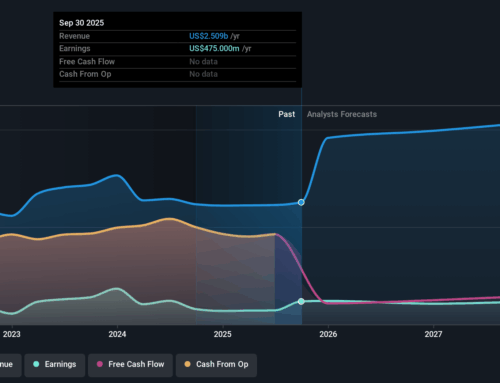Meta to invest more than $1B on Beaver Dam data center campus
November 12, 2025
Social media giant Meta plans to invest more than $1 billion to build a 700,000-square-foot data center campus in Beaver Dam, bringing with it more than 1,000 construction jobs and 100 operational jobs when the campus is completed.
But some residents are concerned about the project’s potential environmental impacts and expressed frustration about what they described as a lack of transparency in the local approval process.
The Facebook and Instagram parent company, along with city and state leaders, held a press conference on Wednesday to go public with the plan. Officials held a ceremonial groundbreaking ceremony. Site work is already underway on a more than 500-acre site, called the Beaver Dam Commerce Park, that the city and Alliant Energy have been marketing for years.
This field is for validation purposes and should be left unchanged.
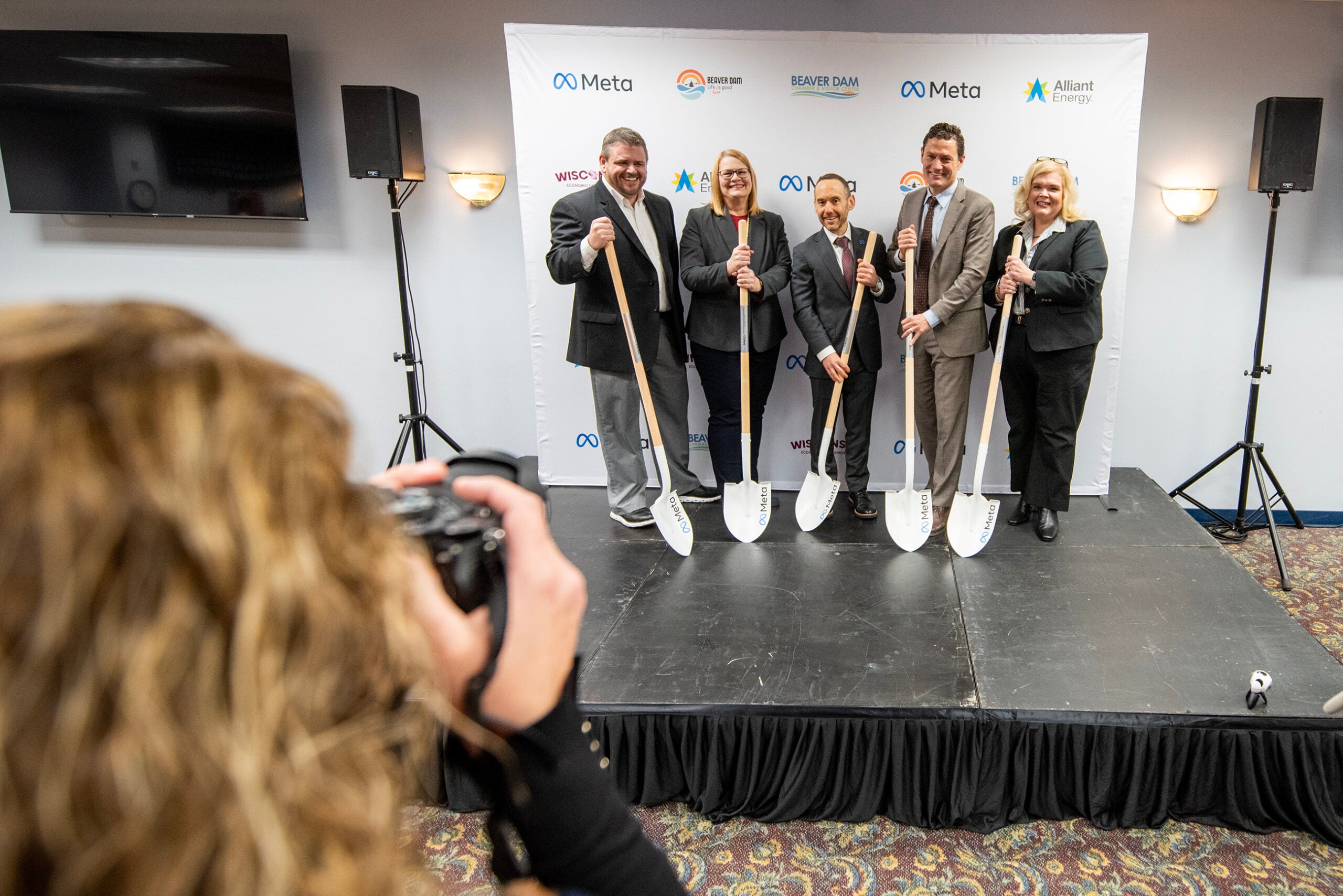
In February, the Beaver Dam Area Development Corp. said a data center development was being pursued in the community. The company behind the project wasn’t officially disclosed until this week, though Bloomberg reported in April that the developer was Meta.
“We are thrilled that Meta’s newest data center will be built in Beaver Dam, Wisconsin,” said Sam Rikkers, deputy secretary of the Wisconsin Economic Development Corp. “Beaver Dam is the perfect home for Meta. It offers so much great access to infrastructure, a robust electrical grid, a strong pool of talent and, most importantly, amazing community partners that have helped move this project forward.”
WEDC anticipates the data center will come online in 2027. Rikkers said the construction jobs building the campus would be “high paying union jobs.”
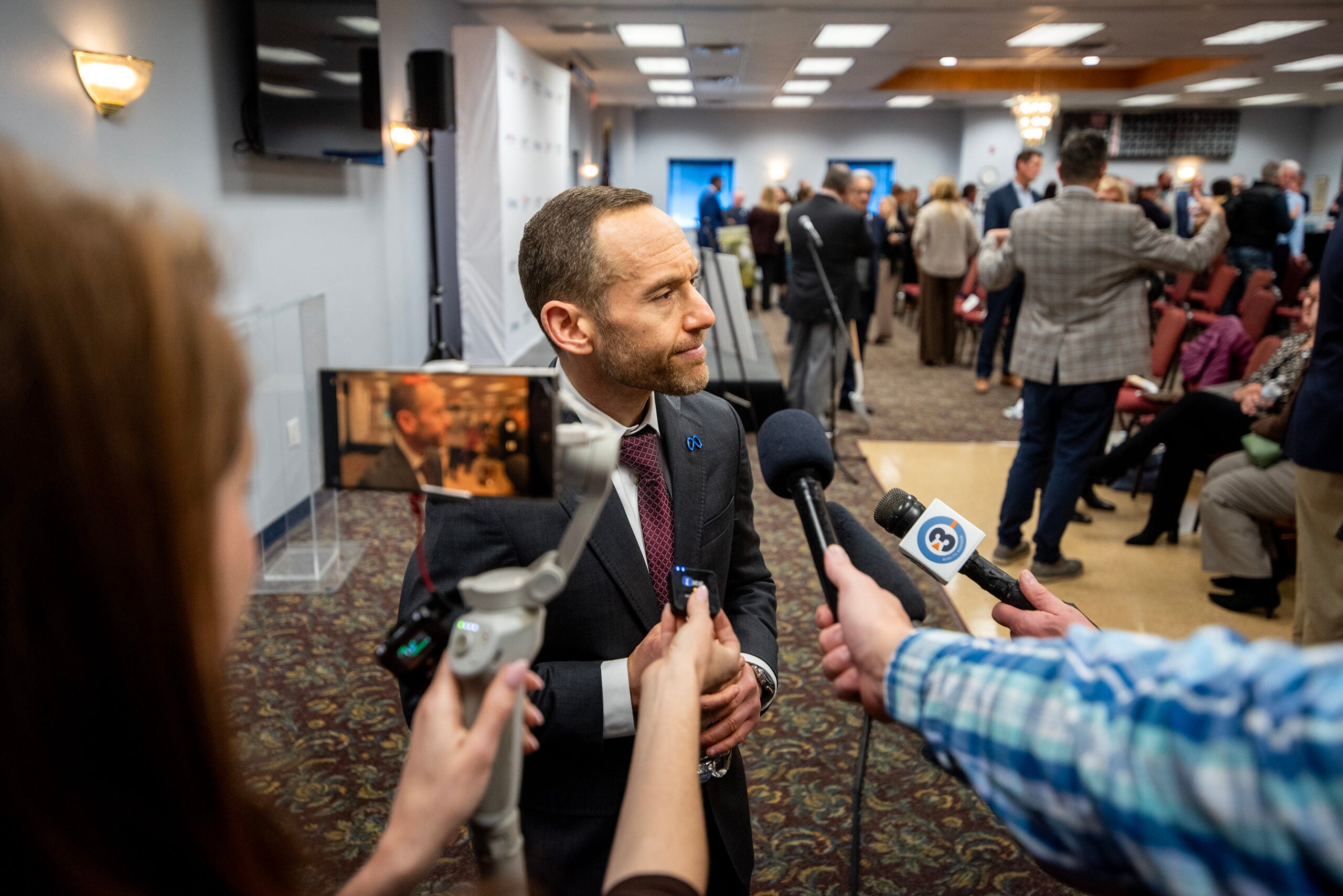
Brad Davis, director of data center community and economic development at Meta, said the company would “prioritize hiring and sourcing materials locally.” He said the company had been eying Beaver Dam since 2023.
Davis said the company will look to match its energy usage with new renewable energy that’s brought onto the grid over time. But he declined to say how much electricity the campus would consume.
According to WEDC, Meta will underwrite almost $200 million in energy infrastructure, including network upgrades, transmission lines and utility substations.
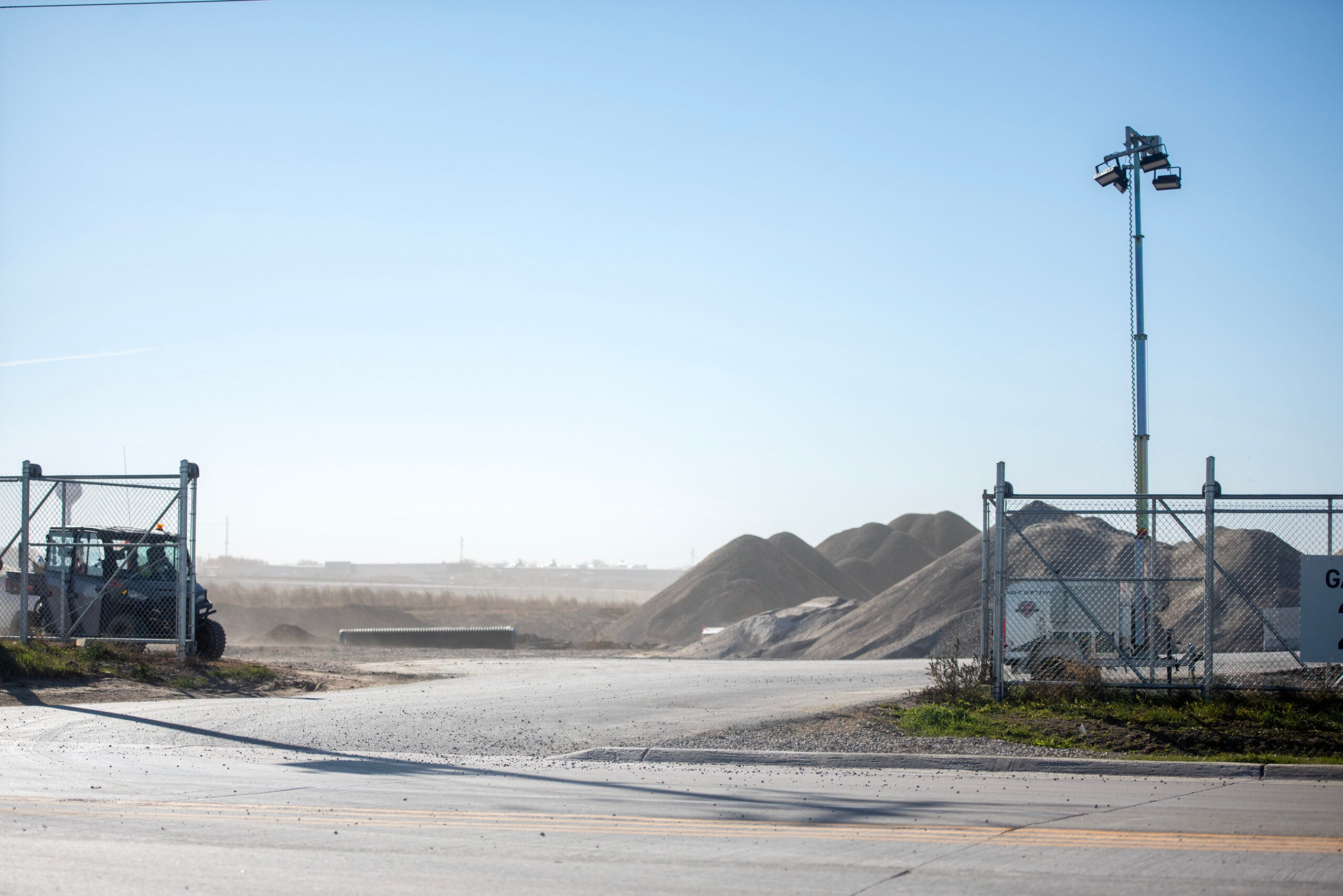
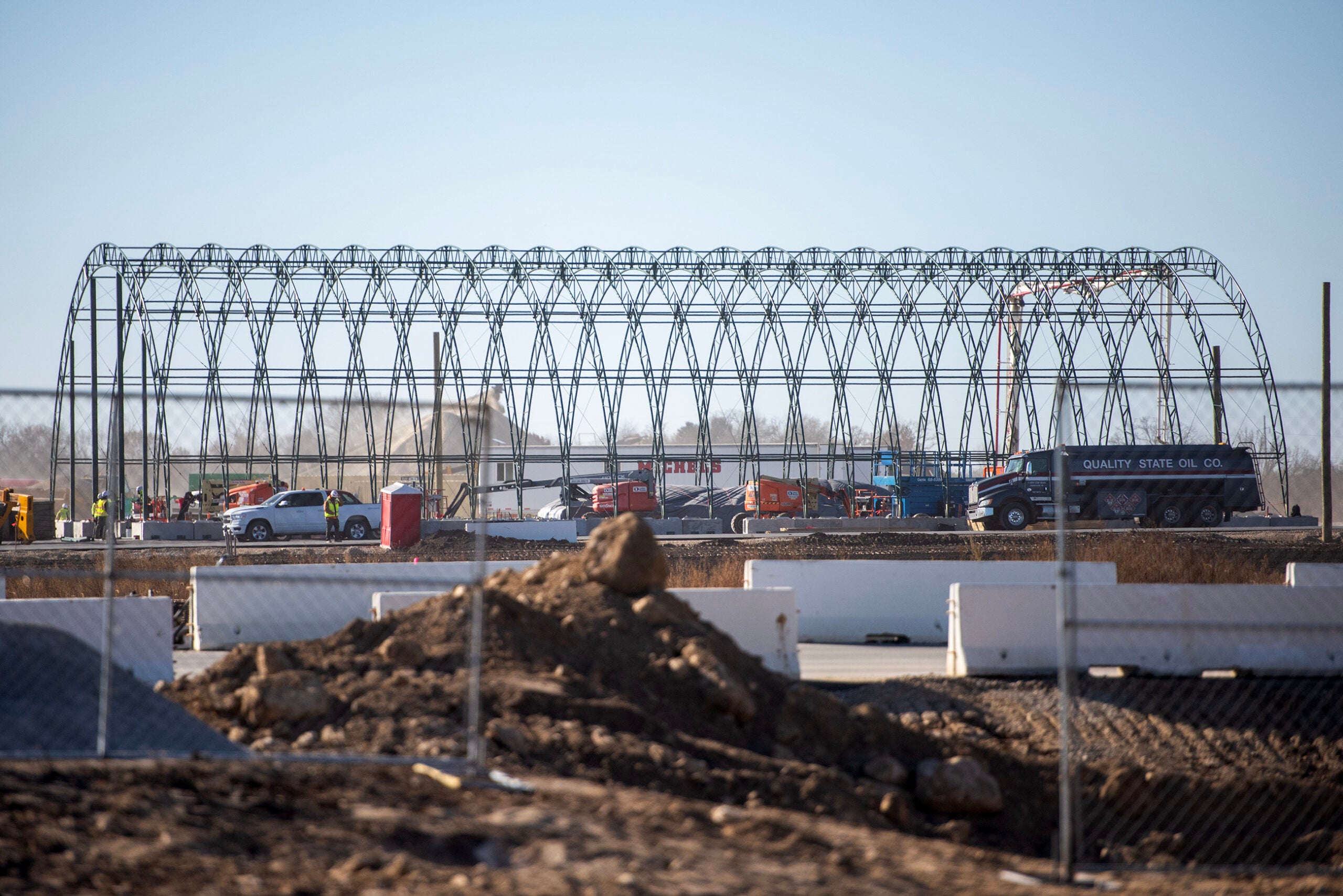
Davis also said the company would restore 100 percent of the water it uses to local watersheds, and will partner with Ducks Unlimited and other organizations to restore 570 acres of wetland and prairie surrounding the data center.
“Approximately 175 acres of this will be deeded to Ducks Unlimited so they can revitalize degraded wetlands, transforming them into vibrant, ecologically rich habitat that supports thousands of birds, native wildlife and plant species,” he said.
Meta is also pledging to donate $15 million to an Alliant Energy fund that provides energy assistance to families in need, Davis said.
Ahead of Wednesday’s announcement, the state and city of Beaver Dam entered into agreements with a company using the alias of Degas LLC.

The state’s agreement would exempt the developer from paying sales tax on purchases supporting the project, while the city established a tax increment district to help fund development costs.
The city agreed to issue developer-funded municipal bonds for up to $110 million, $10 million for public infrastructure and up to $100 million for private project costs, if the company builds the project and meets other conditions.
When the TID closes in 10 to 20 years, Beaver Dam Mayor Bobbi Marck said Meta will be the city’s largest taxpayer, accounting for 15 percent or more of its tax base.
“What that means is we’ll have 15 percent of a budget that we can use to fund fire trucks and police dogs, all those things that we need without raising property taxes a penny,” she said.
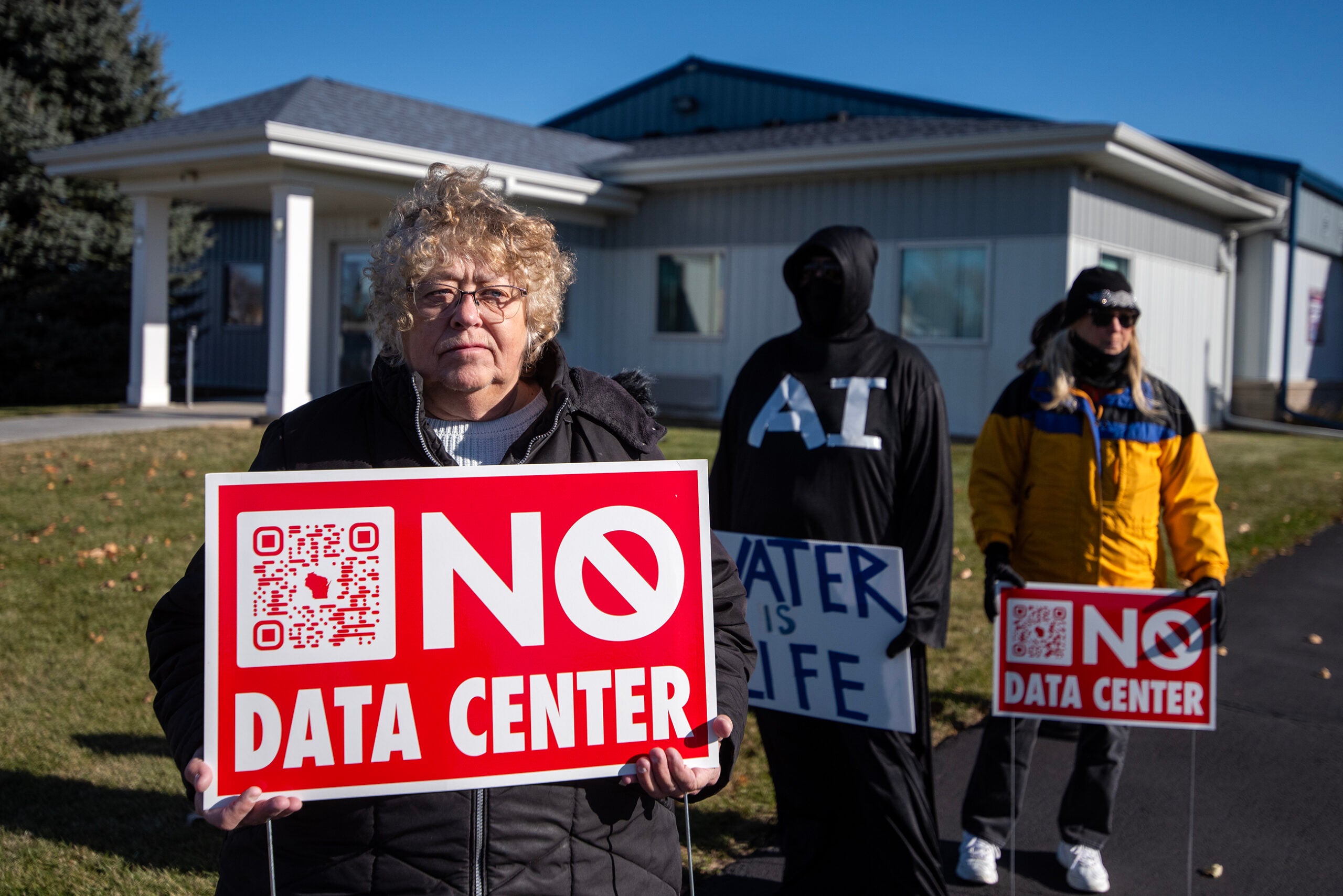
While state and city leaders praised the project as an economic driver for the region, a group of about a dozen protesters gathered outside the American Legion hall where the press conference was held.
One of those protesters was Beaver Dam resident Mary Aplin, who said she was concerned about potential environmental impacts and the secrecy around the developer.
“We don’t know what it’s going to do to our water. There was no referendum,” she said. “There’s just so many questions. We don’t know what kind of research was done before everybody voted for this project.”
Watertown resident Sarah Zarling held a sign that read, “Beaver Dam city officials are shady.” She was concerned about what she described as a lack of transparency around the project.
“This was approved behind closed doors with no citizen input,” she said “It’s wrong after wrong after wrong after wrong. The reason why it’s so shameful is that the residents didn’t have a chance to weigh in on this.”
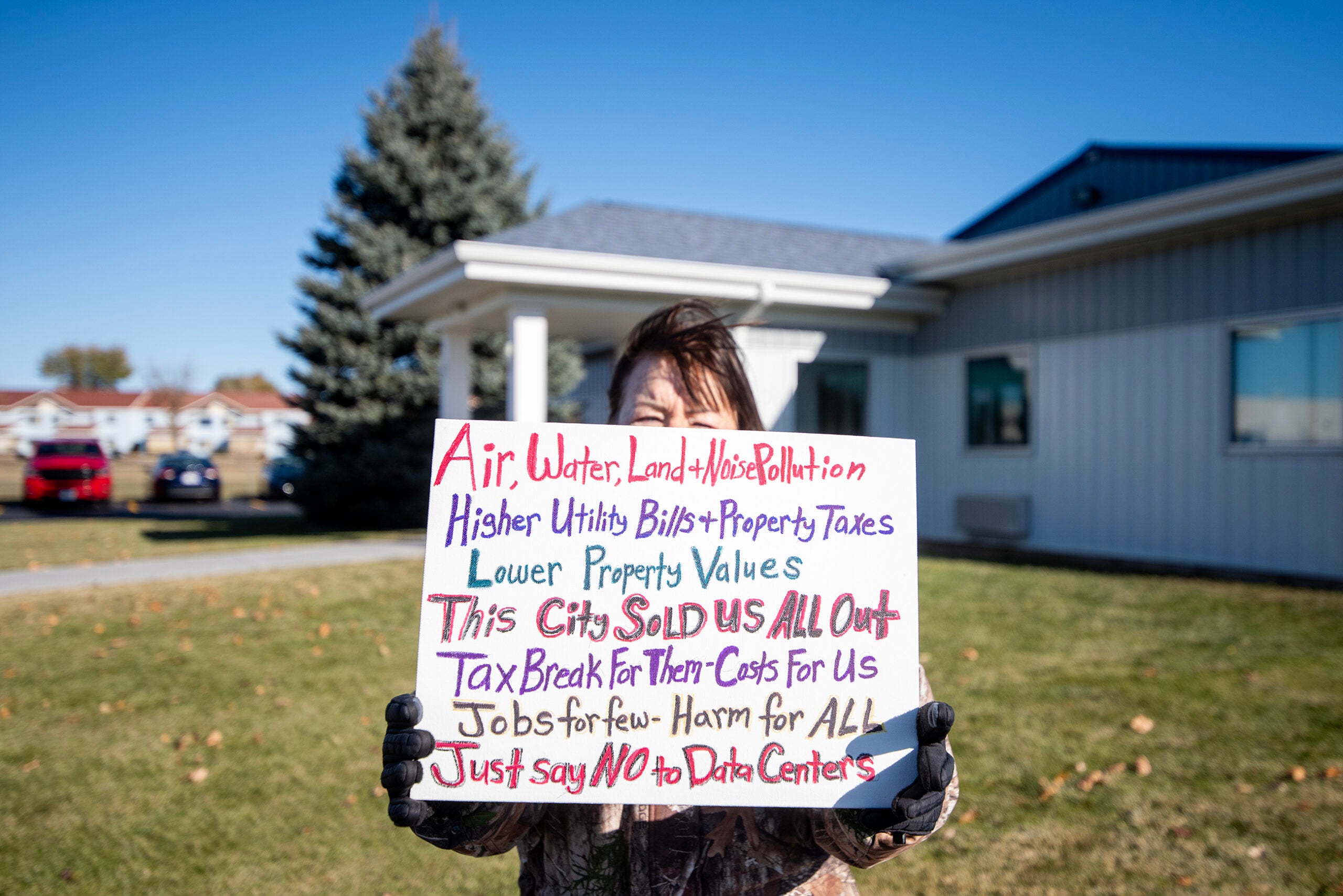
Davis with Meta said the company held off on revealing itself to the community because the data center site selection process is “incredibly complex” and it wanted to make sure that it checked all of the necessary boxes first.
“To take a community through the highs and lows of all that in public domain, it’s not fair,” he said. “In this circumstance, we’re excited that we’re able to call Beaver Dam home and ultimately land in a project like this.”
Wisconsin Public Radio, © Copyright 2025, Board of Regents of the University of Wisconsin System and Wisconsin Educational Communications Board.
Search
RECENT PRESS RELEASES
Related Post
